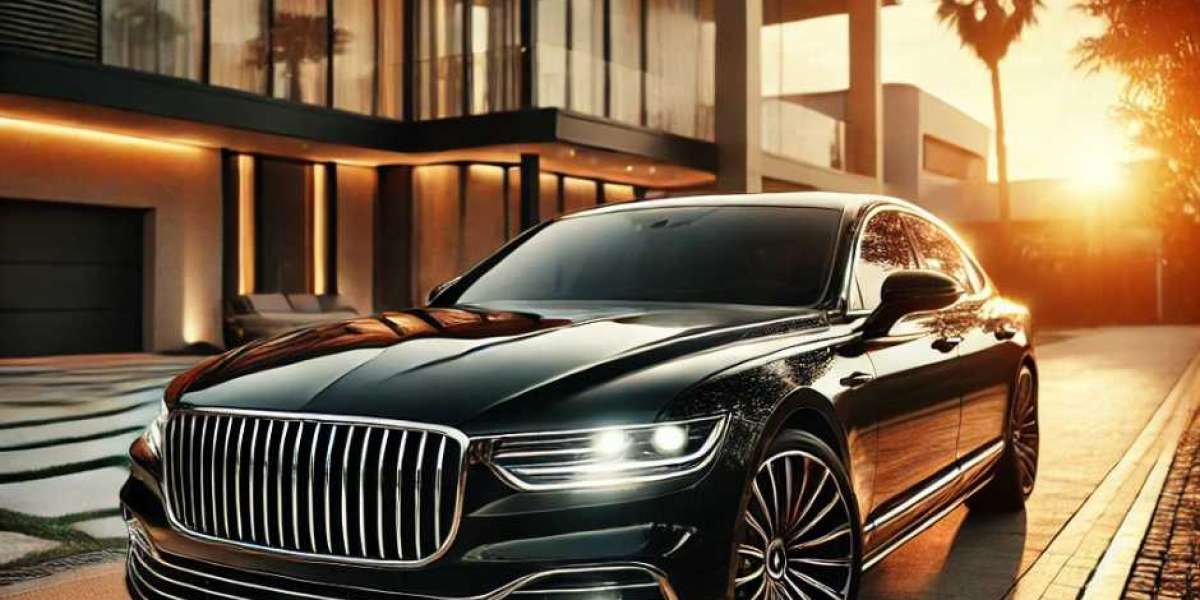Market Overview
India electric car market is on a steep upward trajectory, supported by growing environmental concerns, government incentives, and a rapidly evolving mobility ecosystem. As of 2024, the electric car segment accounts for approximately 2% of total passenger vehicle sales in India but is projected to reach 10-15% penetration by 2030, according to industry estimates.
The market was valued at around USD 3.5 billion in 2023 and is expected to grow at a CAGR of over 25% from 2024 to 2030. The push for electrification is driven by the Indian government’s strong commitment to reducing its carbon footprint, improving air quality, and lowering dependence on fossil fuel imports.
The availability of affordable models like Tata Nexon EV and MG Comet EV, combined with rising fuel prices and increased urbanization, are playing key roles in boosting electric car adoption across India.
Key Market Trends
- Government Policies and Incentives
One of the primary drivers of the Indian electric car market is proactive policy support. Programs like Faster Adoption and Manufacturing of Hybrid and Electric Vehicles (FAME II) and Production Linked Incentive (PLI) for Advanced Chemistry Cell (ACC) batteries have been instrumental in making EVs more accessible.
FAME II provides subsidies for electric vehicles based on battery capacity, reducing upfront costs. Several states including Delhi, Maharashtra, Tamil Nadu, and Gujarat have also introduced their own EV policies, offering road tax waivers, registration benefits, and subsidies for EV buyers.
- Expansion of Charging Infrastructure
The lack of charging infrastructure has long been a barrier, but this is changing rapidly. Public and private sector players are setting up charging networks in urban centers, highways, malls, and residential complexes. Companies like Tata Power, BPCL, and Ather Grid are expanding their networks, while new models are coming with home charging support.
- Growing Participation of Automakers
Indian and global OEMs are doubling down on electric mobility. Tata Motors, the market leader in the segment, offers multiple models like Nexon EV, Tigor EV, and the new Punch EV. Other players like MG Motor, Hyundai, Mahindra, and BYD are launching electric cars across different price points, while Maruti Suzuki and Toyota are working on upcoming EV platforms.
- Declining Battery Costs
The reduction in lithium-ion battery prices is making EVs more affordable. Battery costs, which accounted for over 40% of EV cost, have been declining steadily, and Indian players are increasingly investing in localized battery manufacturing to further reduce reliance on imports.
- EV Financing and Subscriptions
As EVs become more mainstream, innovative financing models and subscription-based services are making ownership more flexible. Startups and traditional lenders are offering EV loans at preferential interest rates, easing adoption in the mass market.
Regional Analysis
- Maharashtra
- One of the largest EV markets in India.
- Offers high incentives under state EV policy.
- Mumbai and Pune are major hubs for EV sales and infrastructure.
- Delhi NCR
- Aggressive EV adoption targets with ZEV policies.
- Subsidies for electric cars, especially for fleet operators.
- High density of charging stations in urban areas.
- Tamil Nadu
- Emerging EV manufacturing hub with plants from Ola, Ather, and BYD.
- Chennai is a key center for automotive RD and exports.
- Karnataka
- Bengaluru is a hotbed for EV startups and innovation.
- Government support for RD and infrastructure.
- High two-wheeler and car EV adoption.
- Gujarat
- Focus on clean mobility and manufacturing incentives.
- Surat and Ahmedabad seeing increased EV registrations.
- Home to battery and cell production facilities.
- Telangana Andhra Pradesh
- EV-friendly policies and investment promotion for manufacturers.
- Hyderabad developing into a tech and EV RD hub.
- Growing focus on fleet electrification.
Future Scope and Opportunities
- Entry of Affordable Mass-Market EVs
India’s future EV growth depends on mass-market affordability. Automakers are targeting sub-INR 10 lakh EVs with new models in the compact and mid-size segment. Tata, Maruti Suzuki, and Mahindra are all planning low-cost EV launches by 2026.
- Localization of EV Components
There is a strong policy push toward indigenizing key EV components like batteries, motors, and controllers. Investments in battery cell manufacturing, such as the PLI ACC scheme, are expected to reduce costs and improve supply chain resilience.
- Fleet Electrification and Last-Mile Delivery
Shared mobility, ride-hailing, and e-commerce delivery fleets present enormous opportunities for EV penetration. Companies like BluSmart, Amazon, and Zomato are deploying electric cars for urban transportation and logistics.
- EV-as-a-Service and Mobility Startups
India’s vibrant startup ecosystem is fostering innovation in EV-as-a-Service models, vehicle subscriptions, battery leasing, and digital fleet management—enabling faster and smarter adoption of electric cars.
- Smart Cities and Connected EVs
Integration of EVs with smart grids, IoT-based charging, and connected car platforms is opening up new possibilities for seamless urban mobility. Government-backed smart city initiatives are expected to accelerate EV uptake in urban clusters.
- Rural Electrification and Tier-2 Adoption
Beyond metros, the electric car market has started to expand into tier-2 and tier-3 cities, driven by better awareness, infrastructure, and financing support. Companies are targeting these cities as the next growth frontier.
Recent Developments
- Tata Motors launched the Punch EV in early 2024, further strengthening its leadership in the Indian EV space. It also announced plans for a dedicated EV plant in Sanand, Gujarat.
- Mahindra unveiled the XUV400 EV and announced partnerships with Volkswagen for EV platforms and battery technology.
- BYD India introduced the Atto 3 and Seal electric cars, targeting the premium segment, with plans for local assembly.
- Hyundai is expanding its EV portfolio with models like the Ioniq 5 and upcoming affordable EVs under INR 20 lakh.
- Maruti Suzuki confirmed its first electric car (codenamed eVX) will launch in 2025 with localized production in Gujarat.
- Ola Electric announced a four-wheeler EV launch by 2025 and ongoing development of battery cells and gigafactory setup.
Challenges
Despite strong momentum, several challenges continue to impact the pace of electric car adoption in India:
- High Upfront Costs
Even with subsidies, electric cars are generally more expensive than their ICE counterparts. This makes price-sensitive Indian buyers hesitant, especially in rural and semi-urban markets.
- Charging Infrastructure Gaps
While charging infrastructure is growing, it remains concentrated in metros. The lack of fast chargers and slow rollout in smaller cities limits EV usage outside urban areas.
- Range Anxiety
Consumers often worry about limited driving range, particularly on highways and in areas with sparse charging networks. Educating consumers and improving charging visibility are critical.
- Battery Import Dependency
India currently imports a large portion of its battery cells, primarily from China and South Korea. Supply chain disruptions and import costs continue to affect production and affordability.
- Consumer Awareness and Myths
Many consumers are still unfamiliar with EV technology and its long-term benefits. Misconceptions about battery life, charging time, and resale value hinder adoption.
Conclusion
The India electric car market is poised for exponential growth, supported by government backing, innovation by automakers, and rising consumer interest in sustainable mobility. While challenges remain, the roadmap for the next decade is clear: localization, affordability, and infrastructure expansion are key to unlocking the full potential of electric cars in India.
With urban pollution levels rising and fuel prices fluctuating, electric cars offer a cleaner, quieter, and more cost-effective alternative. As policy, technology, and consumer preference align, India is set to emerge as one of the world’s fastest-growing electric car markets—driving a new era of green transportation.






